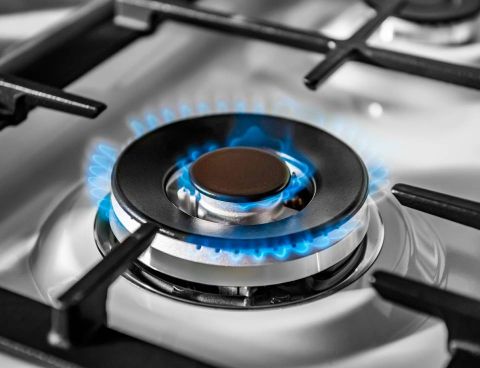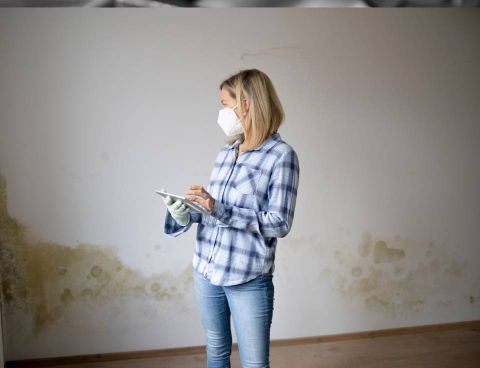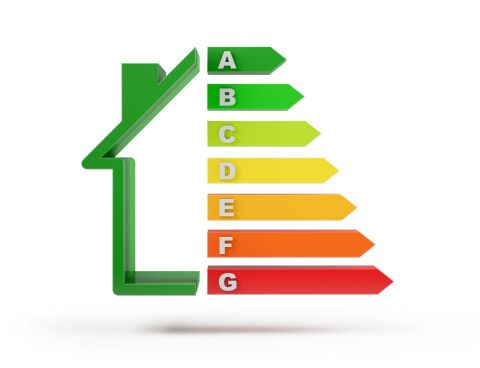Helping landlords undertake their obligations
Taking on the responsibilities of a landlord means adopting a host of duties, some of which you are legally obliged to fulfil. It can be tricky to handle all the obligations, particularly with regular changes to requirements making it hard to stay on top of new duties.
As such, it is vital that landlords understand the legal responsibilities they must fulfil, in order to ensure that they are achieving their duty and facilitating the management of their properties within the bounds of the law.
At AST Assistance, we are committed to helping landlords undertake their obligations to the best of their ability. Here, we explain the most important landlord legal requirements that every proprietor must know and follow, in language free of legal jargon.
To know more about your duties as a landlord, get in touch with our friendly team by calling 01706 619 954, emailing info@ast-assistance.com, or filling in our online form to request a call back.
Helping you understand your duties
Landlord legal requirements primarily cover the general provision of a safe property in which tenants can live, and the need to declare any income to the government. There are more responsibilities and safety checks that must be performed, but these are dependent on the property type and whether you are renting the property for business purposes.
AST Assistance has long helped landlords understand their duties and responsibilities, providing specialist guidance for property owners and managers to undertake their roles to the best of their ability. We will ensure that, as a landlord, you are exercising your rights and can carry out what is expected of you, while staying on top of your legal duties, so that you are protected from any potential legal issues and disputes that could arise during a tenancy.
We understand the full extent of property and tenancy laws, using our specialism to give you the tools to carry out your legal requirements as a landlord. Giving tailored advice to your situation, there is no one better placed to help you understand your legal requirements than the team at AST Assistance.


Providing safe gas and electric equipment
A common issue in properties is the malfunction of the equipment that will be used daily, such as gas or electric cookers, showers and sinks, staircases, and cabinets. It is important to be sure that these pieces of equipment are functioning properly and will not degrade over time to cause a hazard - past the expected level of wear and tear.
Safety checks will need to be performed by certified professionals to ensure that the equipment provided on the property is thoroughly inspected and meet legal standards. By employing an expert in gas and electrical equipment, you will give yourself the peace of mind that any equipment you have provided will likely not fail, reducing any risk of injury and meeting your legal obligations to ensure your property is safe for tenants to occupy.
In turn, if you provide any equipment without it having first passed safety checks, and it then falters, you will likely be held liable for any costs incurred, which may include bearing the burden of any repair and replacement fees, as well as possible legal penalties.
Keeping your property safe from hazards
As a landlord, you have a duty to ensure that the premises are safe for tenants to live in. This means undertaking due diligence in first examining and surveying the property before any individual moves in. If any health hazards are spotted, they should be dealt with as soon as possible.
A common example is mould growth inside the property. If a building has poor air circulation, it gives the opportunity for mould to grow. If mould is dealt with soon after developing, it is typically easy to deal with. However, leaving it to grow can result in severe respiratory problems for tenants.
Furthermore, you should survey the property to plan for any health hazards that could manifest themselves down the line. If a hazard develops after tenants have moved in, but was due to an issue with the property that could have been spotted beforehand, the liability falls on you as a landlord.
Other hazards can include:
- Loose roof tiles, masonry, gutters
- Protruding nails
- Unsteady stairs
- Broken windows
- Damaged cabinets, chairs and other furniture
- Rotten wooden beams and joists
To protect your tenants from health hazards, and in turn, protect yourself from incurring legal action, it is vital that you thoroughly ensure the property is safe for tenants to live in.


Obtaining an Energy Performance Certificate
It is a legal requirement to provide an Energy Performance Certificate (EPC) whenever a building is sold, rented, or built. An EPC provides information on the property’s efficiency, and will help prospective tenants to know how much they can save on energy costs.
A good EPC rating may increase the value of a property, or at the very least increase its attractiveness to potential tenants.
In order to obtain an EPC, you will need to employ the services of an accredited energy assessor.
This information needs to be provided whenever asked for, and readily available to anyone who wishes to view it. This typically means displaying it within any advertisements for the property when it is listed to be sold or rented. Failing to provide tenants with an EPC can lead to significant legal penalties and, in some cases, affect your ability to legally evict them, so it is imperative that you meet this requirement.
Protecting your tenant’s deposit
Under the Housing Act 2004, landlords and tenants are protected by law. The Act has two objectives:
Ensuring that tenancy deposits are protected in a government-approved scheme
Providing a free dispute resolution service to tenants if they are unable to resolve an issue on returning their deposit once their tenancy has ended
The objectives led to two essential legal requirements:
Deposits must be protected within 30 days of receipt
Tenants must be provided with information about where their deposit is protected and how the protection scheme works
As a landlord, it is your legal responsibility to provide the deposit protection information to the tenant within 30 days of receiving the deposit.
Financial responsibilities
Receiving income as a landlord is considered a remuneration, and as such, you must pay the following tax and National Insurance:
- Income Tax on your rental income, minus your day-to-day running expenses
- Class 2 National Insurance - if the renting of the property is considered a business
Seek professional advice
Navigating the legal requirements for landlords can be complex, particularly as regulations change over time. Seeking advice from specialists can help you stay compliant and address any queries specific to your situation.
At AST Assistance, we understand the challenges landlords face. Our team can help you work through your legal obligations and offer tailored guidance. A little assistance now can prevent costly issues in the future, leaving you free to focus on managing your property. Contact us by calling
01706 619 954, emailing info@ast-assistance.com, or using our online form to request a call back.
Legal Consulting Services
